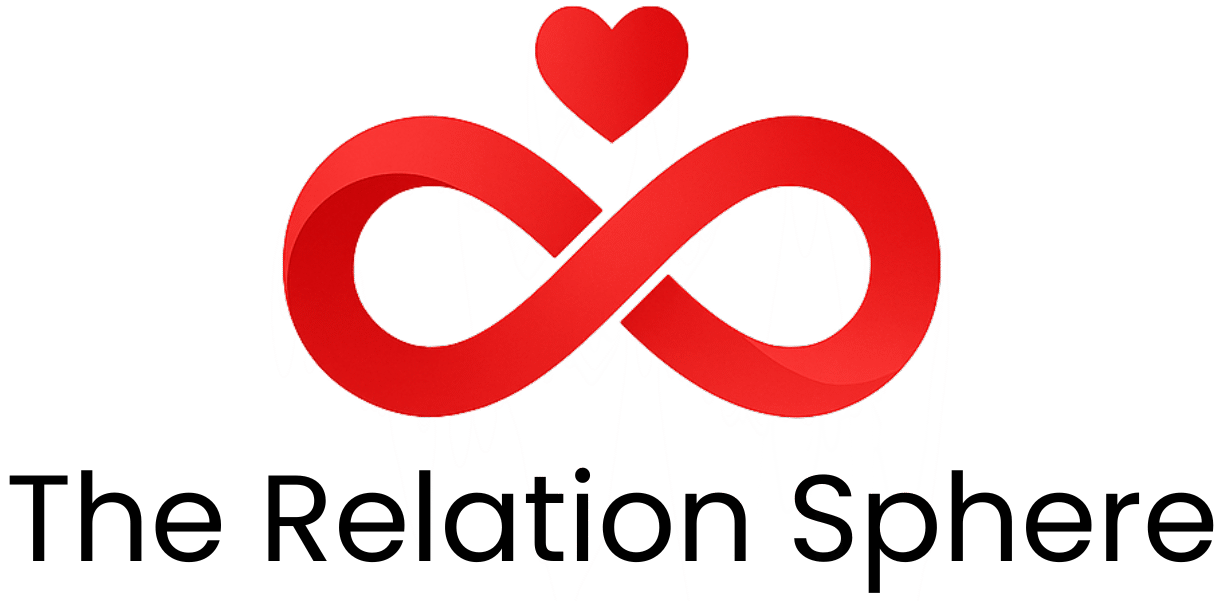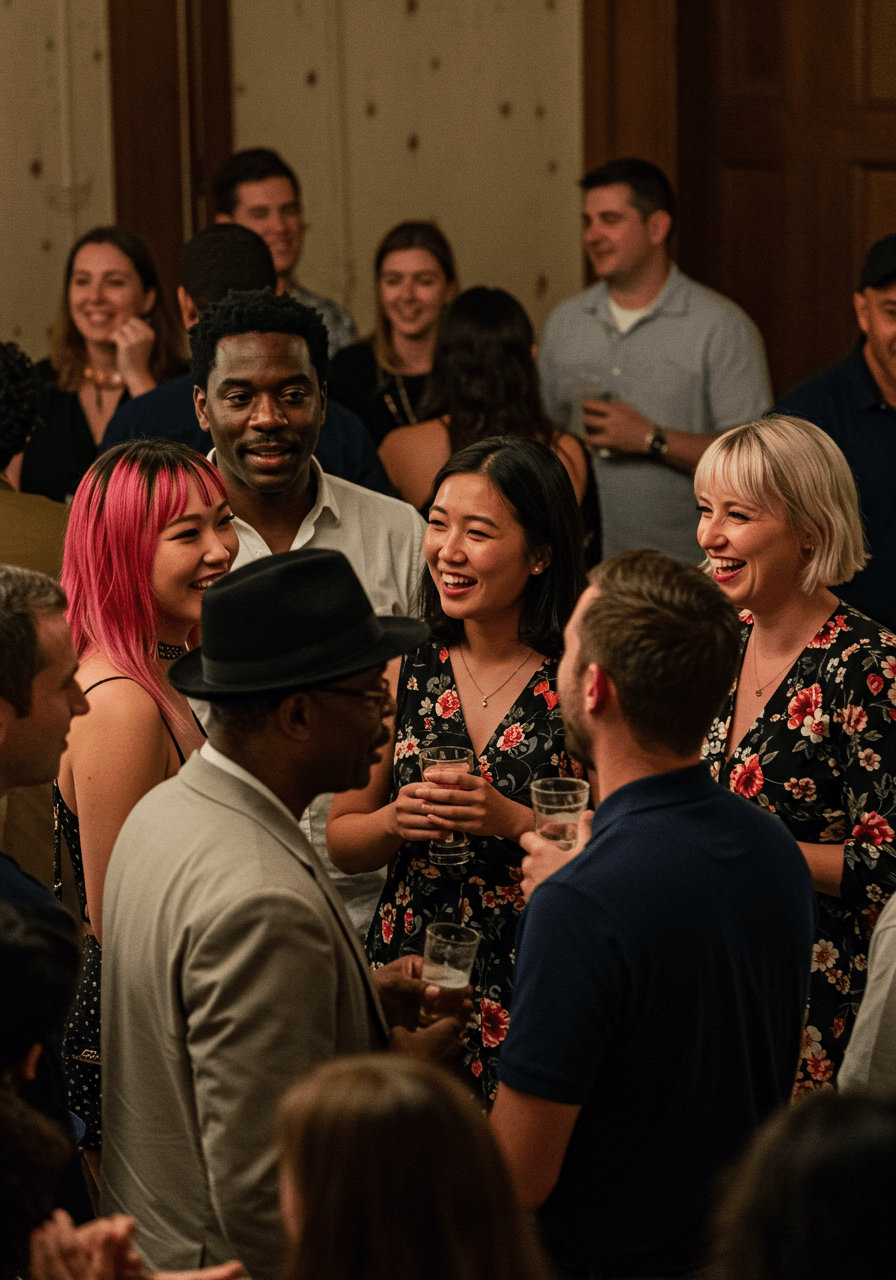1. Introduction
Have you ever wondered why you are naturally drawn to certain qualities, preferences, or stimuli? The psychology of turn-ons offers a fascinating glimpse into the underlying reasons behind what makes each person unique in their attractions and desires. Understanding why you like what you like can shed light on your individual preferences, psychological wiring, and even cultural influences. This comprehensive exploration delves into the intricacies of the psychology of turn-ons, revealing the deep-rooted mechanisms that shape our attractions and romantic interests. Whether you’re curious about your own desires or seeking to deepen intimacy with your partner, uncovering the secrets behind what ignites your passion can lead to more fulfilling relationships.

2. What Are Turn-Ons and How Do They Influence Us?
Turn-ons are the stimuli or qualities that evoke attraction, desire, and passion. These can manifest as physical features, emotional cues, psychological traits, or even cultural signals. The psychology behind personal turn-ons is highly complex, involving a blend of innate biological factors and learned experiences. Recognizing why you like what you like begins with understanding that these preferences are often deeply subconscious, influenced by your unique history and environment. For example, some individuals might find confidence or a sense of humor to be highly attractive, while others might be more drawn to physical traits like a captivating smile or expressive eyes. These preferences are shaped over time by genetics, early childhood experiences, and social conditioning, making each person’s attractions beautifully unique.
In our modern world, the appeal of certain physical features or personality traits may be reinforced through media exposure and cultural standards, which further influence what you find irresistible. Exploring your erotic blueprints or learning about attachment styles and how they affect sexual needs can provide valuable insight into your turn-ons and preferences.
3. The Psychology Behind Personal Preferences and Attractions
The internal process of forming attraction involves various psychological factors. For instance, attachment styles developed in childhood significantly influence adult preferences. Those with a secure attachment style might prefer partners who exhibit confidence, stability, and openness, while individuals with anxious attachment may seek reassurance and intimacy. Exploring how your attachment style impacts what you find appealing can be enlightening, and resources like self-pleasure as a form of self-care can help foster a healthy understanding of your needs.
Additionally, conditioned responses and past experiences play a big role. If you have positive associations with certain stimuli—such as particular scents, sounds, or visual cues—you’re more likely to develop a strong attraction to those elements over time. This explains why some preferences can be deeply ingrained and occasionally surprising, creating personal turn-ons that are unique to each individual. For a deeper understanding of your desires, considering how past relationships and experiences influence your current preferences can be a rewarding journey.
Gaining insight into why you like what you like helps you understand your true attractions and what genuinely triggers your desire, making intimacy more fulfilling.

4. Emotional Bonding and Its Impact on Turn-Ons
Foundation of true attraction often lies in emotional connection. The chemistry between individuals can heighten attraction, making shared experiences and emotional intimacy vital components of romantic desire. For example, couples sharing a joyful moment outdoors can deepen their bonds and heighten mutual attraction. When we feel emotionally connected, our brain’s pleasure centers are activated, reinforcing desire and attachment. This is why some people are more attracted to partners with whom they share profound emotional experiences rather than superficial qualities. Understanding how emotional bonding impacts your turn-ons can significantly enhance your romantic and intimate life.
5. Cultural and Societal Influences on Attraction
Beyond innate biological factors, cultural norms and societal standards heavily influence our perceptions of attractiveness. Media portrayals, cultural ideologies, and personal upbringing shape what you find appealing or desirable. For instance, certain physical features, behaviors, or styles may be emphasized or stigmatized based on your cultural environment. Recognizing how cultural influences shape desire helps you understand that attraction is often a blend of biology and social conditioning. This awareness can foster a more accepting and open-minded perspective about your own preferences as well as those of others, promoting healthier, more authentic connections.
6. Exploring Your Personal Turn-Ons: Practical Tips
If you’re eager to understand your own turn-ons more deeply, practicing self-exploration can be enlightening. Consider activities like:
- Creating a mood board that captures different turn-ons and interests, which can visually map out your attractions

- Reflecting on past attractions and relationships to identify recurring themes or preferences
- Seeking guidance from a professional therapist to explore subconscious desires and develop greater self-awareness
7. FAQs About the Psychology of Turn-Ons
What factors influence why I like certain people or stimuli?
The answer lies in a combination of biological instincts, childhood conditioning, social influences, and personal experiences. These elements work together to shape your individual preferences and what you find irresistible.
Can understanding my turn-ons improve my relationships?
Definitely. Recognizing the underlying reasons behind your attractions can foster better communication, empathy, and intimacy with your partner, leading to more satisfying relationships.
Are turn-ons the same for everyone?
No, personal turn-ons vary significantly among individuals due to genetic differences, upbringing, and life experiences. What excites or appeals to one person might not have the same effect on another.
How can I discover my true attractions?
Engage in honest self-reflection, explore different stimuli (such as media, activities, or sensations), and consider therapy if needed. These steps can help unearth the subconscious factors driving your unique preferences.
8. Conclusion
The psychology of turn-ons weaves together biological, psychological, and cultural threads to form the rich tapestry of human attraction. By understanding why you like what you like, you not only gain insight into yourself but can also cultivate deeper, more authentic connections with others. Embrace your unique preferences, explore the reasons behind your desires, and open the door to more meaningful and satisfying romantic experiences. Remember, attraction is a deeply personal and complex phenomenon—celebrate your individuality and the fascinating psychology that fuels your desires.
To deepen your understanding of how personal desires influence your romantic life, check out discover your erotic blueprint and explore ways to align your preferences with your partner’s. For tips on managing differences in sexual needs, explore what to do when your partner has a different sex drive.
Enhance your romantic experiences with fun couples games like Super Fun Couples Game for Date Night or spice things up with the Naughty Tower Block Game for Adults. Elevate intimacy with alluring lingerie such as the Victoria’s Secret Bombshell Fishnet Teddy, and ignite desire by using engaging tools like Let’s Get Deep question cards or exploring the insights found in 101 Nights of Great Sex. These essentials are perfect for discovering new dimensions of your attraction and deepening your romantic connection.

